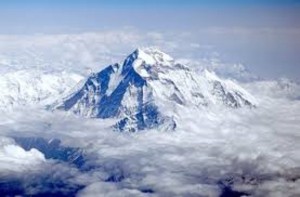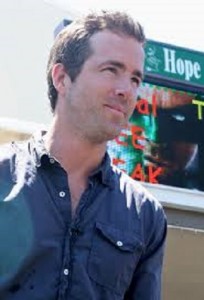DVD movie commentary
In Everest (2015, USA), New Zealander Jan Hall (Keira Knightley), who is pregnant, fears for her husband’s safety.
Jan tells hubby Rob Hall (Jason Clarke) to be there for her newborn in six weeks, but Rob is on an adventure and for him a safe adventure is always uncertain.
Staying alive is risky in Rob’s life. There is nothing full proof. He is a guide of amateur mountaineers at Mount Everest (circa 1996). It’s his risky business. Trouble could come anytime even if well prepared. Rob hasn’t fully anticipated the natural costs of the expedition and what it could mean to his family.
Something’s about to happen.
The opening on-screen exposition makes the stakes of coming back in ‘one piece’ startling dicey. Before, in previous expeditions run by commercial enterprises, lives were lost up the mountain.

But the mountaineering team is responsible for getting their clients to the summit. Heavy on Rob’s mind is the safety of the people under his care (and getting a good write-up. The clients include a writer and photographer who are covering the climb for a magazine.)
However, as the expedition progresses, there are technical problems to sort out, which keeps home base and the mountaineers on edge. All the same, they have come so far and there is no turning back though there is a certain amount of worry. Jan is worried. Beck Weathers (Josh Brolin), the thrill seeker, is worried. And so is Rob.
Texan client Beck Weathers, who is full of bravado, is basically unprepared and he secretly knows it. When half-way up the mountain he’s hankering for home.
Then a blistering, sub-temperature storm comes. It is life threatening on top of all their other difficulties up the mountain. Human fallibility, technical problems and nature’s awesomeness combined.
At Mount Everest, people plan ahead, but cannot imagine too far ahead because of unforeseen changes in the weather or human errors in the climb.
When people are not expecting it, but find they are in trouble, there is a rush for survival.
But in those times, terrible things can still happen. Conquerors may be conquered, but some can make it through because they hold onto a smidgen of inspiration in their mind’s eye.
The lesson of Everest is that sometimes terrible things happen when people take risks. The people who are climbing the mountain know they are putting themselves in nature’s way, but they will take the risk anyway, because of the sense of triumph that comes with conquering a mountain.
Is the risk always worth it? According to Everest, it isn’t, but if we take the risk and get into trouble, it’s always better to come out a survivor than not. The rest is tragedy.

